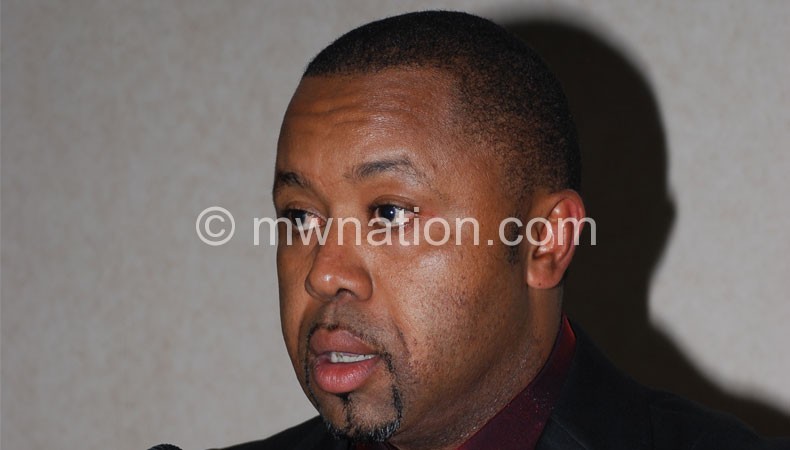Malawi VP spells out parastatal flaws, sets out targets
- Hits at parastatal chiefs for aligning with ruling parties
- Pushes for their autonomy
Malawi Vice-President Saulos Chilima has mentioned political interference and lack of autonomy in parastatal organisations as some of the challenges hampering effective service delivery and performance.

Speaking in an interview with The Nation in Blantyre last Friday evening, Chilima said political interference has thrived because people, especially top executives in statutory corporations, align themselves with political parties in government to protect their jobs.
However, Chilima, who chairs the Public Service Reforms Commission that met Blantyre-based parastatals from Tuesday to Friday on reforms, said the commission would make recommendations once the organisations indicate political interference as one of the key challenges affecting their performance.
Chilima said: “Once that comes out to the fore, we will make recommendations in that regard just like we have done with the public sector… That step can only be taken if the parastatals come out and say there is this [political interference] as a challenge.”
The Veep said politicisation of parastatals was somewhat tricky as it was two-way.
He said: “We look at it as a two-way thing. How do we safeguard parastatals from interference and also how do we safeguard what we call reverse interference so that there is professionalism and, therefore, continuity of performance of these parastatals because people are so used to protecting their jobs by affiliating [themselves] to political organisations.”
Chilima’s sentiments come against a background of growing concerns that most parastatals have over the years been underperforming due to, among major factors, political interference in their internal operations.
Asked what he felt was the major problem affecting parastatals at the end of the week-long meetings between the commission and some heads of parastatals from the Southern Region, Chilima said: “At this stage, let me say in some cases there will be need for autonomy, so that might call for review of the Act that established these parastatals.”
Chilima said reviewing the Act will also enable some parastatals to go into joint ventures with others so that they become fully commercialised.
The Vice-President and the reforms team met about 16 parastatals last week to appreciate issues hampering their service delivery and discuss possible answers and strategies to improve their performance.
Some of the parastatals Chilima and his delegation met included Agriculture Development and Marketing Corporation (Admarc), Malawi Broadcasting Corporation (MBC), Malawi Communications Regulatory Authority (Macra), Southern Region Water Board (SRWB), Malawi Housing Corporation (MHC), Malawi Posts and Corporation (MPC), Malawi Gaming Board/National Lotteries Board and Blantyre Water Board (BWB).
During the meetings, the parastatals were given 30 days to present to the commission strategies that would turn around their institutions.
The Vice-President said the commission was working towards ensuring non-existence of a situation where people go outside of their mandates.
“But let me also say that there are parastatal specific reforms which we have asked management teams to come back in 30 days and share with us. For instance, Admarc will tell us the reforms they want to implement to turn around their performance,” explained Chilima, adding that the undertaking seeks to breath life into parastatals.
In 2009, former minister of Finance Ken Kandodo said one of the major causes of parastatals’ underperformance was bad management decisions such as poor allocation of resources.
To improve the situation, Kandodo unveiled ambitious reforms, which included the tenure of office of management being determined by their performance to reduce the “culture of mediocrity”.
President Peter Mutharika launched the new public reforms programme on February 11 2015.
The commission, according to Chilima, will soon be writing letters reminding individual government ministries that signed performance contracts in February to provide progress reports.





